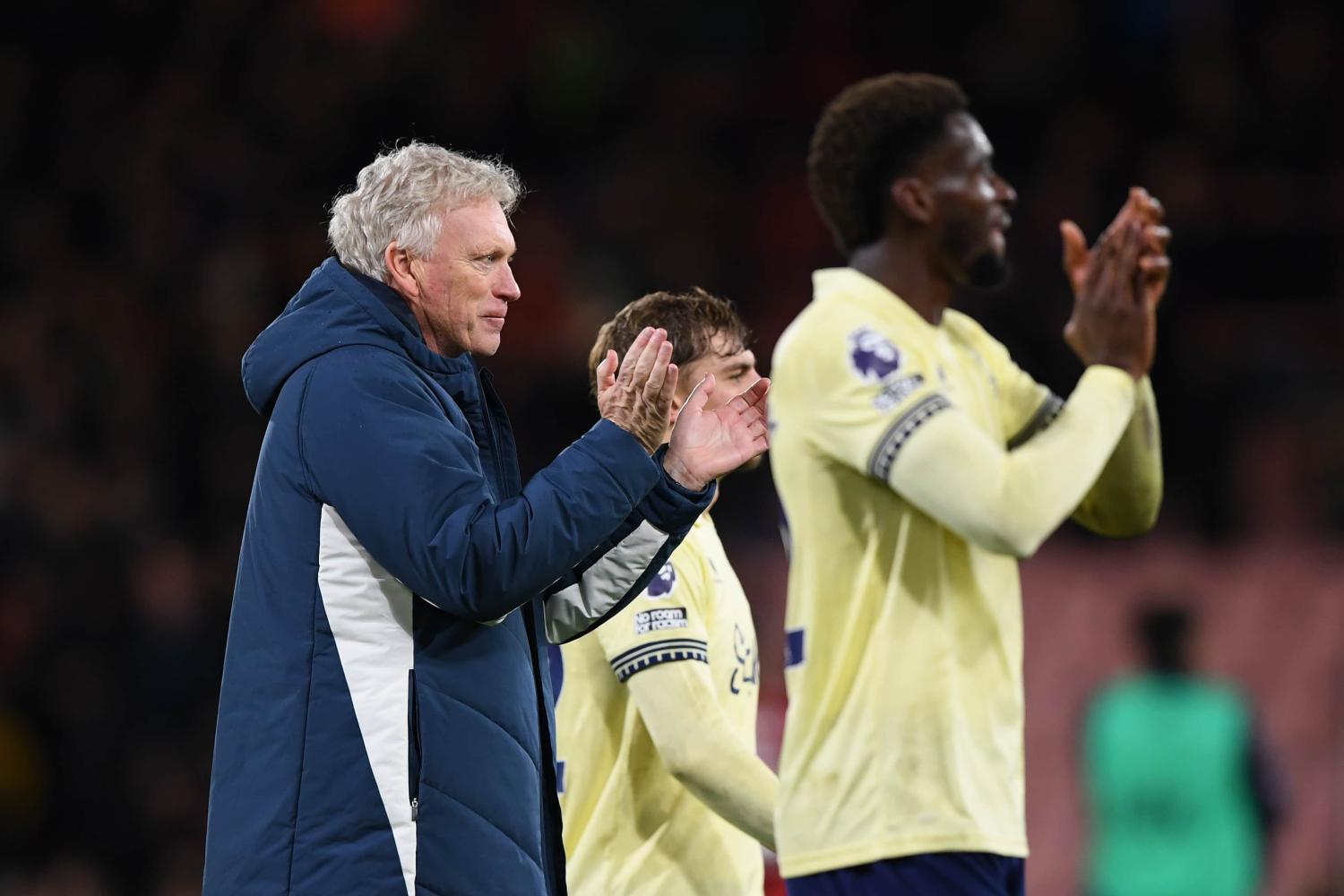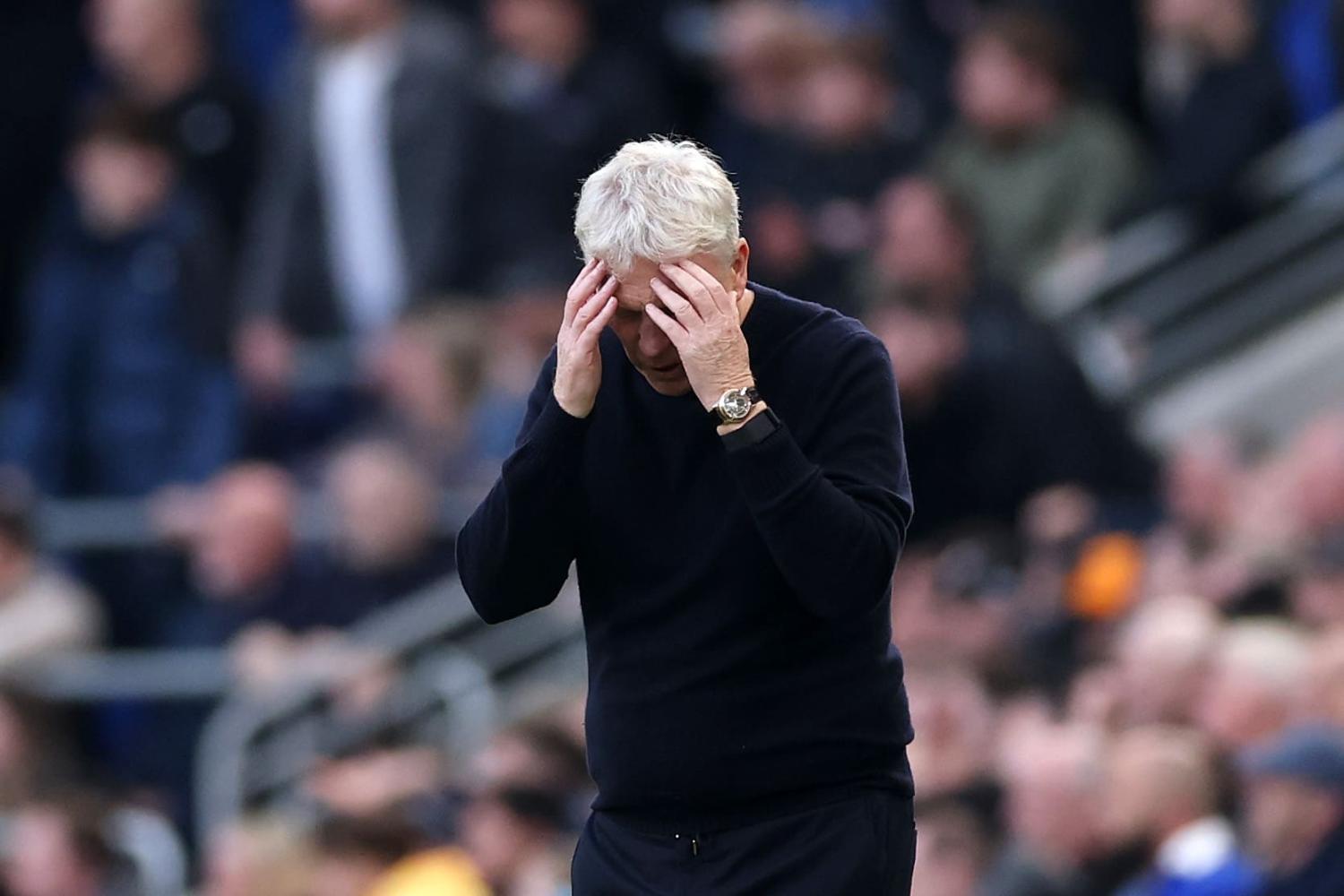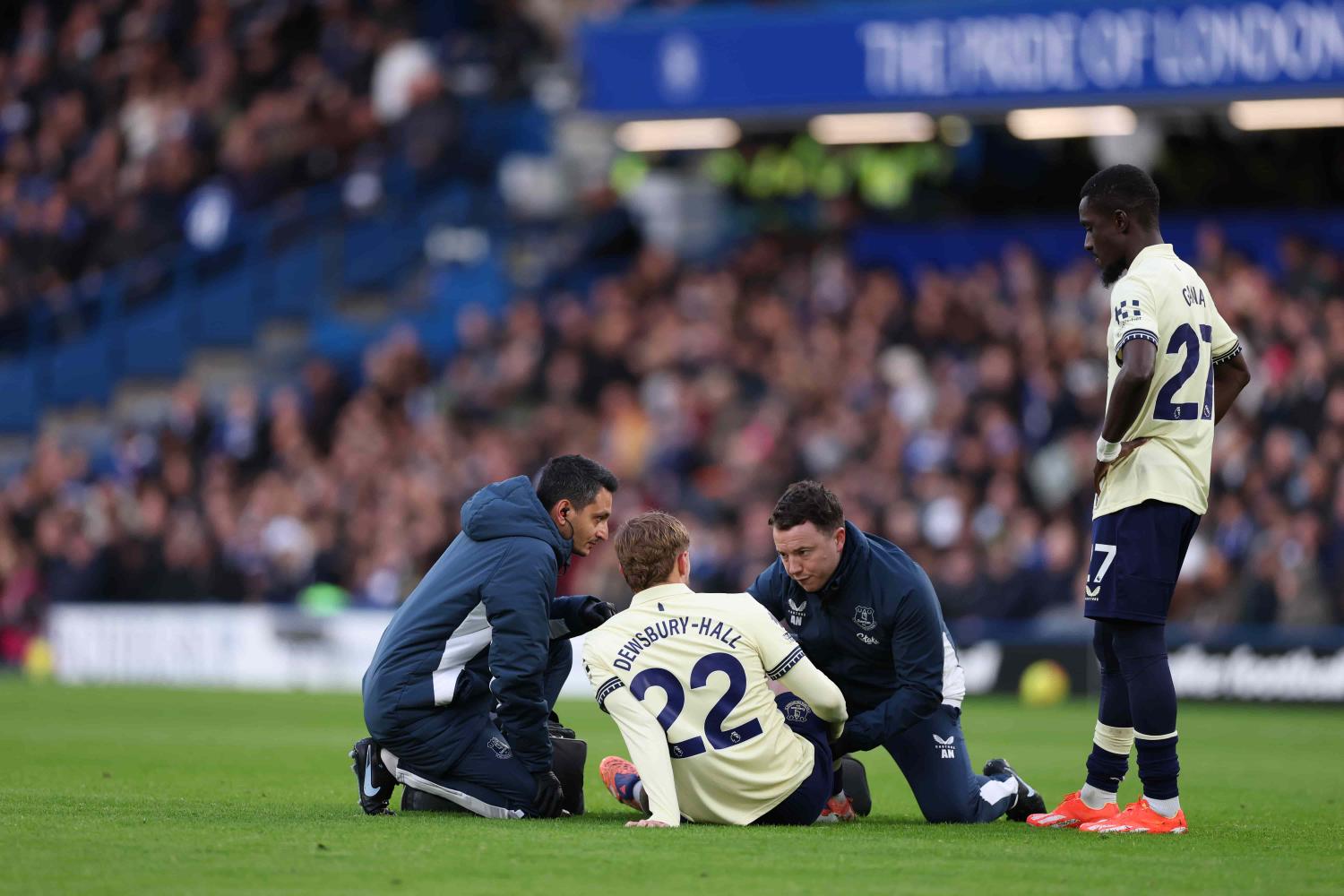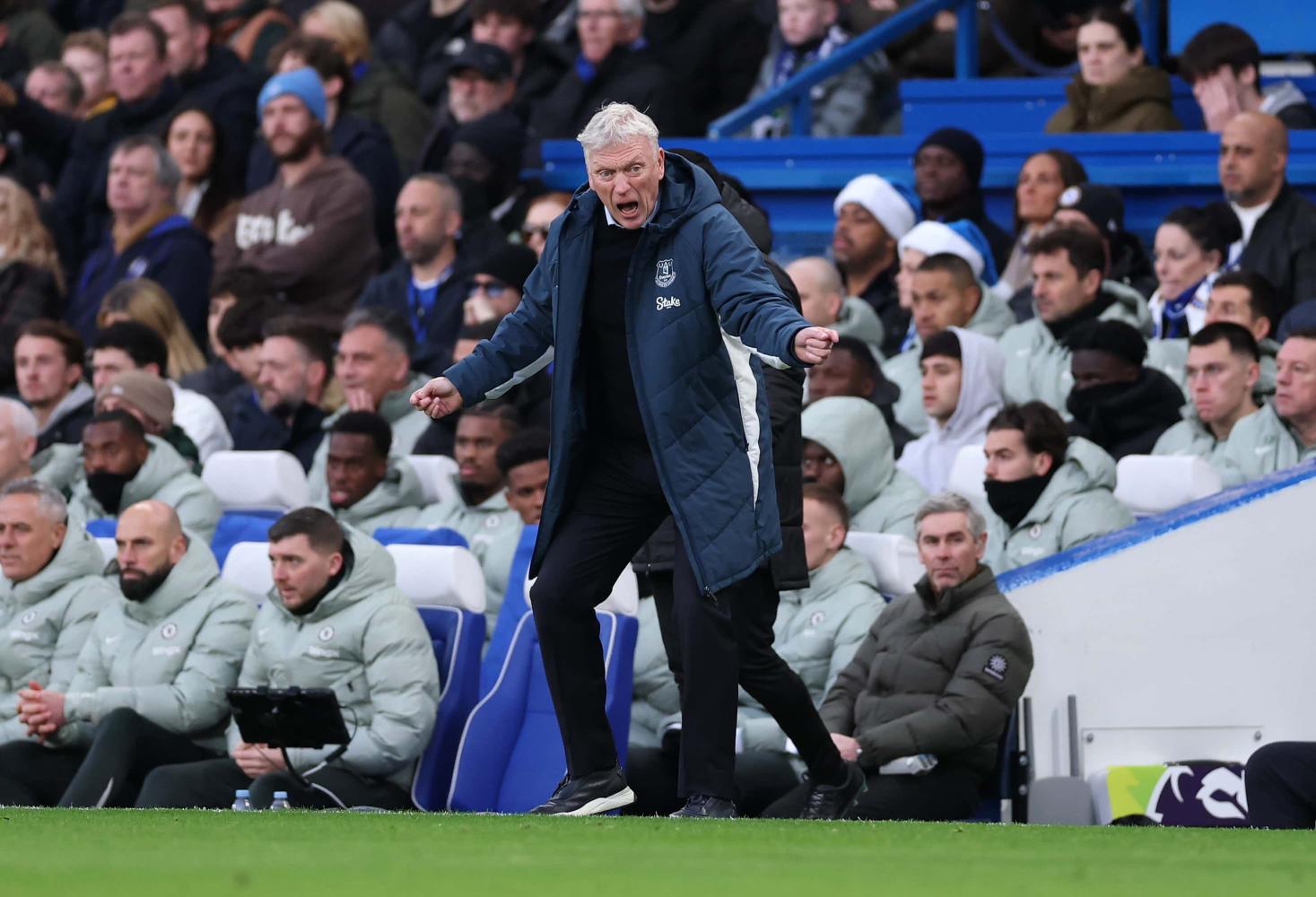Everton Season Review, 2000-01
Season 2000-01: A Statistical Review
Everton's miserable season in facts and figures
|
Link: [ 2000-01 Statistics Tables ]
Even if you leave aside painful memories of an injury-ravaged season, plagued additionally by inconsistency, escalating financial problems and discontent among the playing staff, the final Premiership Table for the 2000-01 season makes depressing viewing. Everton finished in 16th position, three places lower than last season, on 42 points; teams have been relegated with 42 points in recent seasons. Ipswich Town, in their first season back in the top flight finished 5th, modest Charlton ended up 9th and perennial relegation strugglers Southampton managed a final position of 10th. And there was Everton, the sleeping giant in a seemingly endless nighthmare at the wrong end of the top flight. Despite another finish well down the table, the Blues still managed to jump into the Top 10 of the All-Time Premiership Table, thanks to the relegation last season of Wimbledon and Sheffield Wednesday (who obviously didn't accumulate any top-flight points and won't do next season either). Where the goals came from
Attack: 27 Where did it all go wrong?Quite simply (and quite obviously), Everton didn't win or draw enough matches. Compared to the 1999/00 season, Walter Smith's side won one game fewer (11), drew five games fewer (9) but lost six games more this term. They also scored 14 fewer goals and conceded a hatful more (10) than last time out. The team kept only 6 clean sheets (the joint lowest in the division More specifically, the decline in the fortunes of Smith's side this season can be attributed to a miserable overall record during the first 45 minutes of games. Only Bradford City had a worse record based on results as they stood at half time. Everton also woefully underperformed against the top half of the table, with only the three teams that were eventually relegated (Coventry, Manchester City and Bradford) possessing worse records against the ten best-placed in the Premiership. Thankfully, they owe their survival to the fact that they did just enough against the teams in their own half of the division to ensure Premiership safety (Everton finish 10th in that particular iteration of the table - click here to view the various permutations of the final Premiership table). The spirit is still thereIf Everton were so bad on average during the first half of games, it stands to reason that they must have been better overall in the second half (or they would have been relegated!). Well, it is true in one circumstance, but not so much in others: Only Ipswich Town had a better overall record than Everton during the second 45 minutes of matches during 2000/01 when losing at half time, which is vindication for those who have often wondered why Smith's side take so long to get going each game. However, Everton were the 15th best side in the league when drawing at half time and 18th when winning. So if the team could start playing from the first whistle, the evidence is there that they are a lot better than their final league position suggests, particularly when you factor in the injury situation. And if they could hold on to a half-time lead, they would be even better! ConclusionAll in all, it was the same old Everton, even with injuries taken into account. Indeed, the team recorded some of its best results when stripped to the bare bones of reserves and youth. But the Blues were their same old erratic and frustrating selves, still possessing the spirit to salvage a result from losing situations but squandering advantages of their own and failing to start strongly enough and thereby often leaving themselves a mountain to climb.
|












